| RECENT POSTS DATE 2/1/2026 DATE 2/1/2026 DATE 1/31/2026 DATE 1/29/2026 DATE 1/28/2026 DATE 1/28/2026 DATE 1/25/2026 DATE 1/22/2026 DATE 1/22/2026 DATE 1/21/2026 DATE 1/19/2026 DATE 1/19/2026 DATE 1/18/2026
| | | 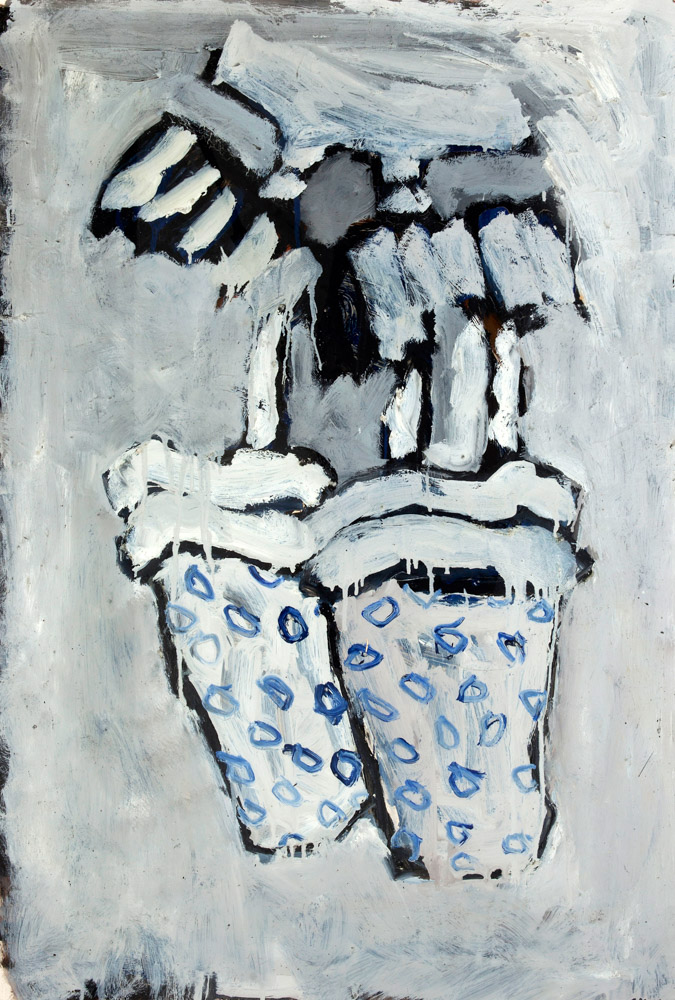 CORY REYNOLDS | DATE 5/24/2024Asim Abu Shakra’s 1988 oil painting on paper, “Garters,” is reproduced from Alcove: Intimate Essays on Arab Modernist Artists, published by Beirut-based Kaph Books. Beautifully designed, clothbound and printed on lovely uncoated paper, this enlightening compendium of testimonies from relatives, friends and students of Arab Modernist artists is authored by Dubai-based writer Myrna Ayad. About his uncle Asim Abu Shakra—originally from Umm Al Fahem in the West Bank of Palestine, but later of Tel Aviv, where his work was celebrated—Karim Abu Shakra writes, “Like the cactus, he was also resilient. The symbol that would become the hallmark of his oeuvre first caught his attention in the early 1980s, when a potted cactus on a neighbor’s windowsill sparked an immediate connection. Like the plant, uprooted from its natural habitat, separated from the rest of its species, and living in isolation in a pot, so too my uncle felt deracinated in Tel Aviv. And, again, in spite of all this, like the potted cactus, he continued to thrive. … For Palestinians, the cactus holds both metaphoric and linguistic meaning: the saber (cactus) was associated with Palestinian farmers and farmland, and was used as a tool for defining land boundaries, largely because of its resistant and robust roots. Saber in spoken Arabic means patience, tenacity and perseverance—qualities that speak directly to the Palestinian identity. The cactus continues to feature in Palestinian art, but in the case of Uncle Asim in particular, the cactus was him.”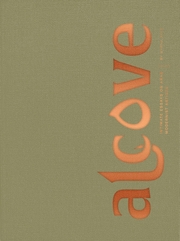 Kaph Books
Hbk, 6.25 x 9.5 in. / 324 pgs / 240 color / 80 b&w.
 DATE 1/28/2026  DATE 1/25/2026  DATE 1/22/2026 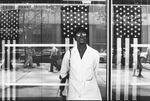 DATE 1/19/2026  DATE 1/12/2026 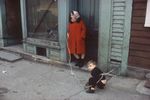 DATE 1/11/2026  DATE 1/5/2026 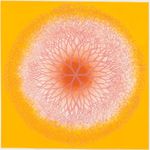 DATE 1/1/2026 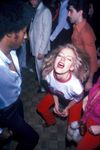 DATE 1/1/2026  DATE 12/25/2025 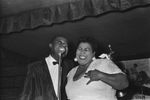 DATE 12/19/2025 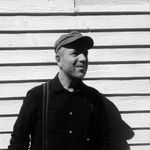 DATE 12/18/2025 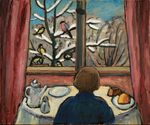 DATE 12/16/2025 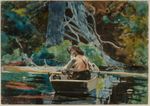 DATE 12/9/2025  DATE 12/8/2025 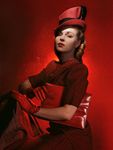 DATE 12/3/2025 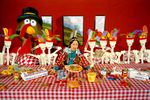 DATE 11/27/2025  DATE 11/22/2025 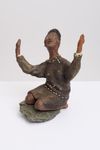 DATE 11/20/2025  DATE 11/18/2025  DATE 11/13/2025 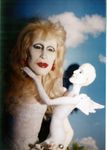 DATE 11/7/2025  DATE 11/2/2025 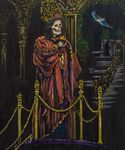 DATE 10/31/2025 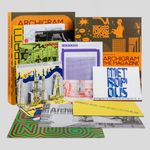 DATE 10/28/2025 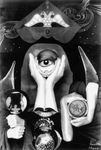 DATE 10/23/2025 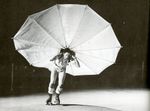 DATE 10/22/2025 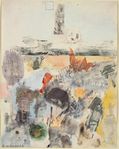 DATE 10/22/2025  DATE 10/21/2025 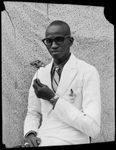 DATE 10/20/2025  DATE 10/16/2025  DATE 10/14/2025  DATE 10/11/2025 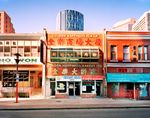 DATE 10/7/2025  DATE 10/6/2025 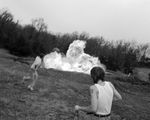 DATE 10/3/2025  DATE 10/1/2025 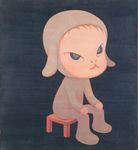 DATE 9/23/2025 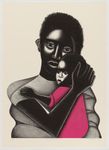 DATE 9/21/2025 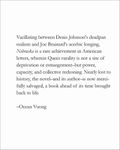 DATE 9/17/2025  DATE 9/10/2025  DATE 9/6/2025  DATE 9/4/2025  DATE 9/2/2025  DATE 9/1/2025 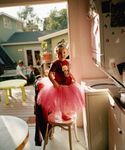 DATE 8/27/2025  DATE 8/25/2025  DATE 8/23/2025 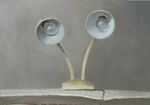 DATE 8/21/2025 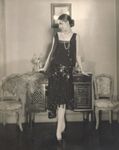 DATE 8/18/2025  DATE 8/15/2025  DATE 8/12/2025  DATE 8/9/2025  DATE 8/6/2025 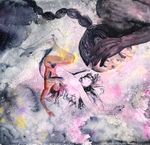 DATE 8/5/2025  DATE 7/31/2025  DATE 7/28/2025 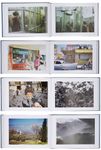 DATE 7/25/2025  DATE 7/21/2025  DATE 7/18/2025 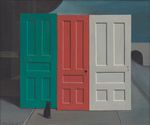 DATE 7/11/2025  DATE 7/3/2025  DATE 6/30/2025  DATE 6/26/2025  DATE 6/22/2025  DATE 6/20/2025  DATE 6/13/2025  DATE 6/12/2025  DATE 6/9/2025  DATE 6/5/2025  DATE 6/1/2025  DATE 5/29/2025  DATE 5/28/2025  DATE 5/23/2025  DATE 5/20/2025  DATE 5/16/2025  DATE 5/12/2025  DATE 5/8/2025  DATE 5/6/2025  DATE 5/4/2025  DATE 5/1/2025  DATE 4/24/2025  DATE 4/21/2025  DATE 4/17/2025  DATE 4/14/2025  DATE 4/10/2025  DATE 4/8/2025  DATE 3/31/2025  DATE 3/27/2025  DATE 3/27/2025 |
|